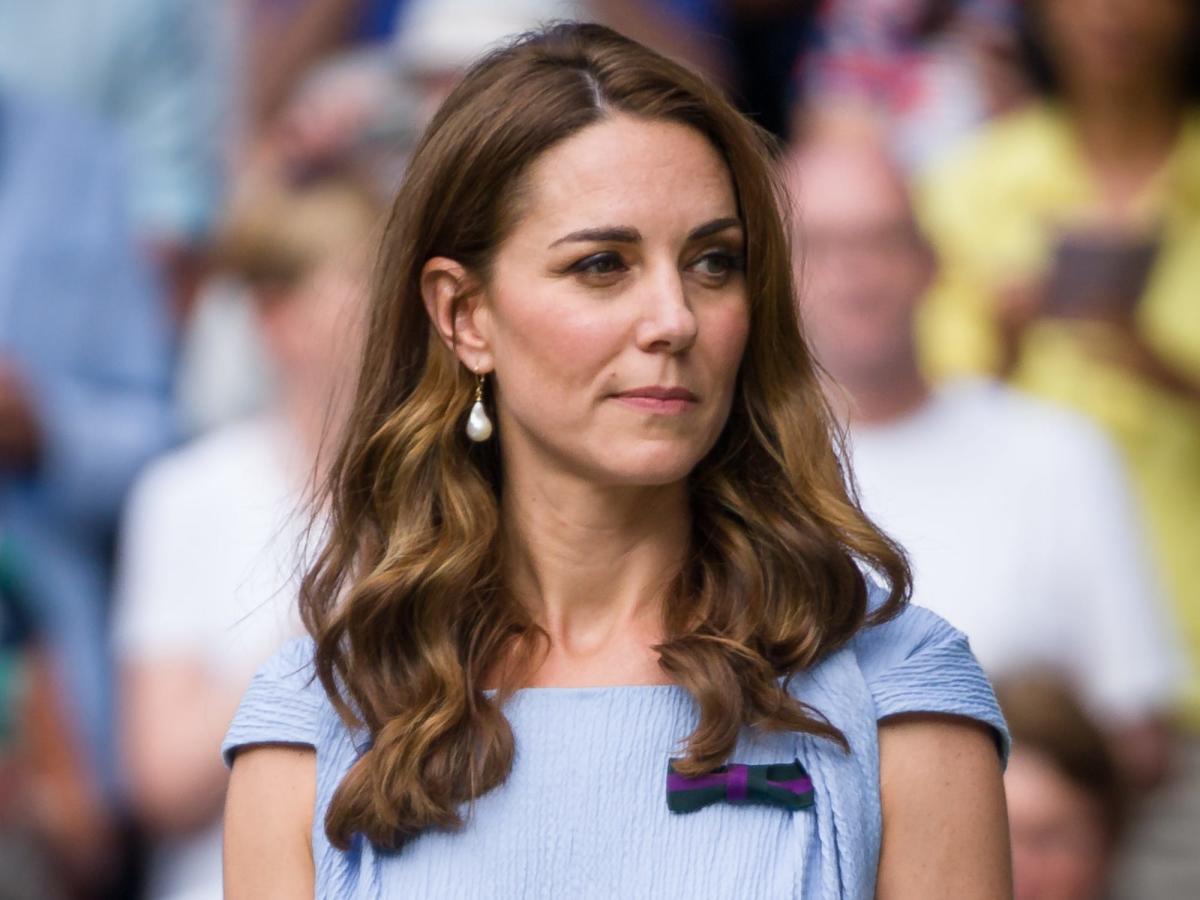Kate Middleton has recently disclosed that she is battling cancer

Catherine, Princess of Wales, revealed that she is undergoing treatment for cancer, which was detected following significant abdominal surgery. Commencing preventative chemotherapy in late February, the princess’s journey has unfolded amidst a shroud of privacy and discretion.
Initially, the princess underwent surgery in January, a procedure which the palace had characterized as planned and unrelated to cancer. However, subsequent tests post-surgery unveiled the presence of cancer, prompting the commencement of preventative chemotherapy.
While Kensington Palace refrained from divulging the specific type of cancer Catherine is battling, they affirmed her right to medical privacy. The princess herself acknowledged the advice of her medical team to undergo preventative chemotherapy, marking the early stages of this treatment.
Chemotherapy, a broad term encompassing medications designed to eradicate cancer cells, can be administered through intravenous drips or orally. The frequency and dosage of chemotherapy vary based on the cancer type and its progression, with the primary goal being to minimize the risk of cancer recurrence.
Professor Bob Phillips, specializing in paediatric oncology at the University of York, elaborated on chemotherapy’s role in eliminating residual cancer cells post-surgery.
Following the successful January surgery, where Catherine was treated at the London Clinic, subsequent tests confirmed the presence of cancer cells. While details regarding her ongoing care remain undisclosed by the Palace, Catherine expressed gratitude towards her medical team for their dedicated treatment.
Cancer, characterized by uncontrolled cell division in a specific part of the body, poses a significant health challenge globally. Left untreated, cancer cells can metastasize to other tissues and organs, heightening the severity of the condition.
In the UK, cancer affects one in two individuals during their lifetime, with over 200 different types documented. Notable forms include breast, lung, prostate, and bowel cancers, each necessitating tailored diagnostic and treatment approaches.
Although cancer incidence rises with age, affecting a substantial portion of the elderly population, advancements in detection and treatment have contributed to improved survival rates over the past five decades.
The importance of early detection cannot be overstated, as symptoms such as unexplained bleeding, lumps, fatigue, or persistent coughing warrant prompt medical evaluation. While not all symptoms indicate cancer, seeking medical attention ensures timely diagnosis and intervention.
As Catherine, Princess of Wales, confronts this health challenge, her candid disclosure serves as a reminder of the importance of medical vigilance and the resilience of the human spirit in navigating adversity.




